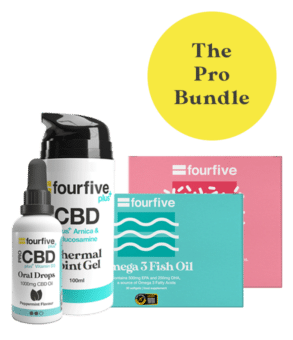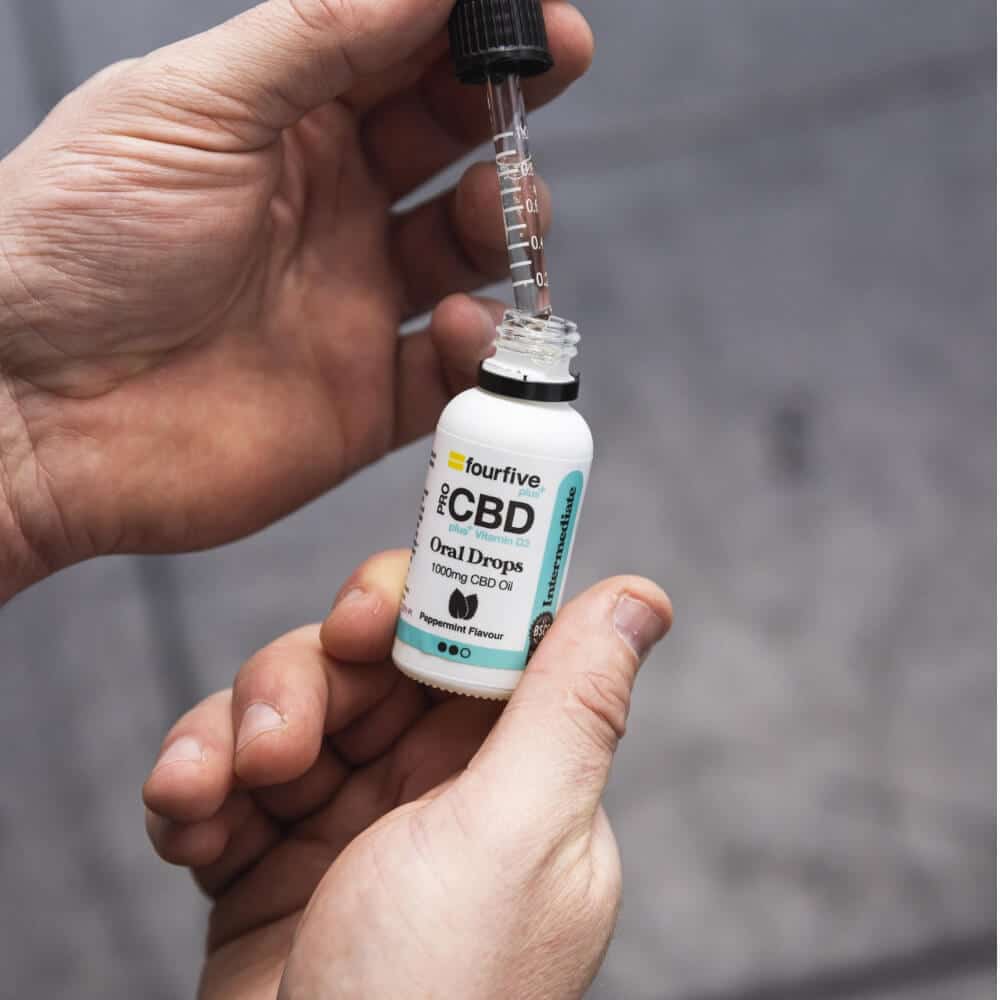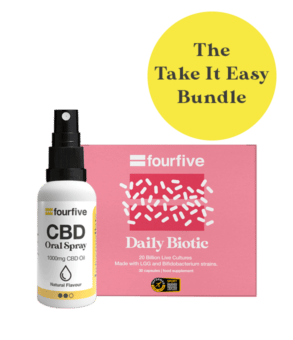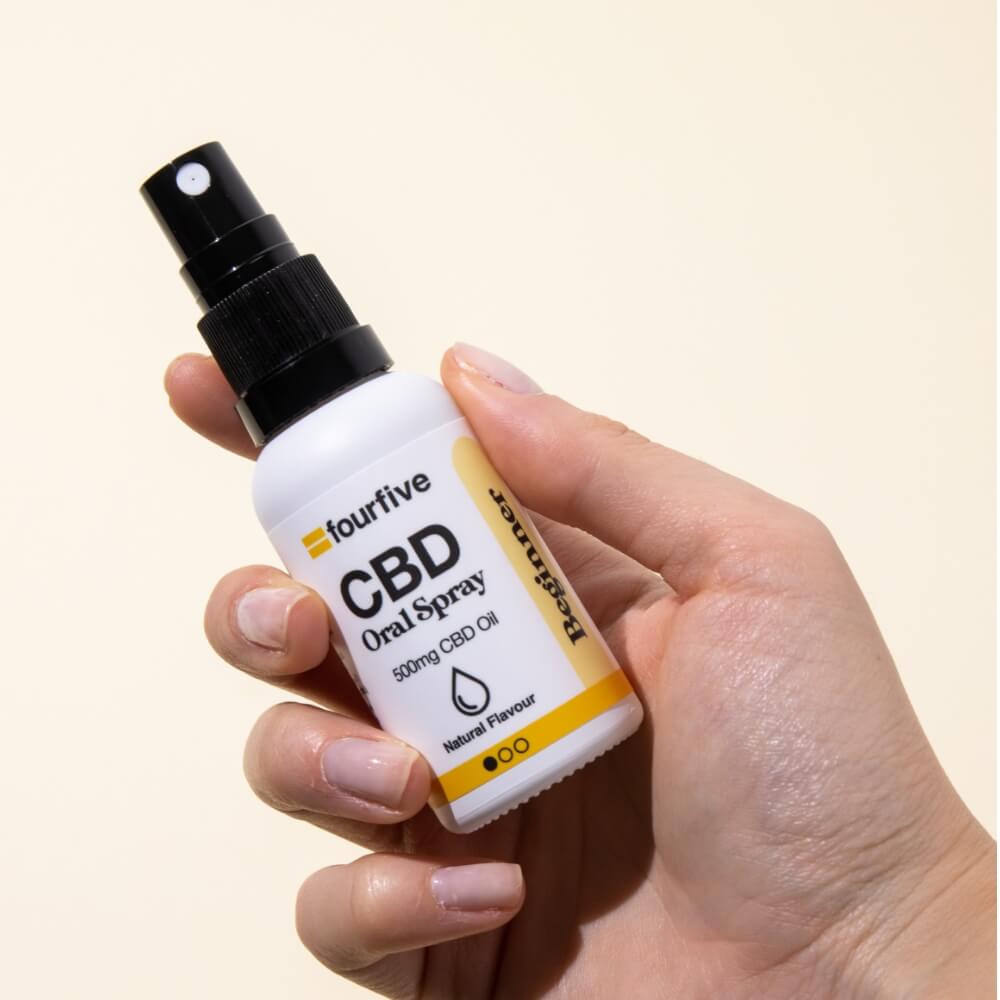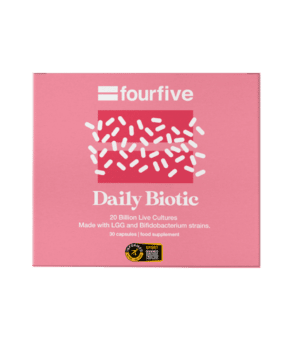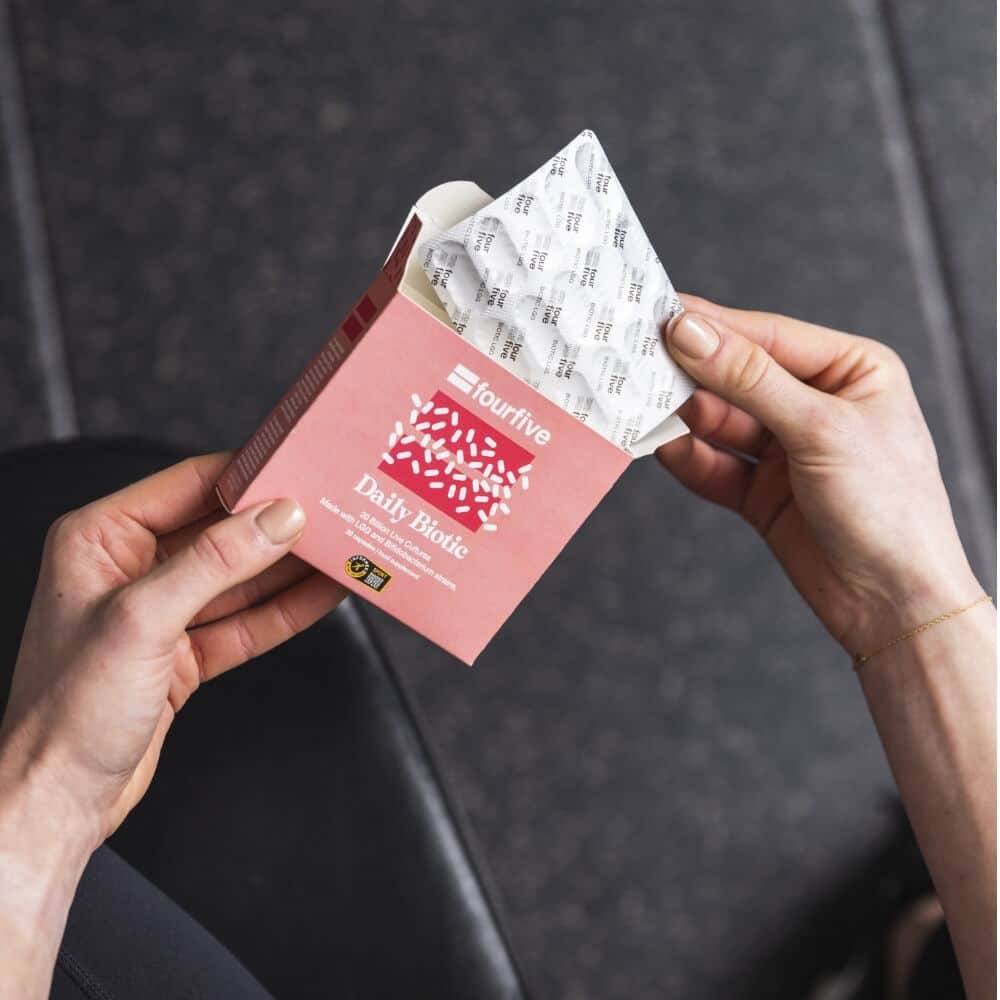You are what you eat, especially when it comes to your gut health as your digestion is a reflection of how you are eating.
Inside your gut, there are microorganisms called the gut microbiome (or microbiota) which is mostly made up of microbes. It’s important to maintain the relationship between your diet and the microbes for your health. If you provide a healthy gut environment for these bacteria, they will return the favour with benefits for your overall health.
To do this, you need to eat prebiotics, these are foods that help nourish the microbes living in your gut. Prebiotic foods are ones high in specific types of fibre and complex carbohydrates like inulin and fructo-oligosaccharides (FOS) found in different vegetables, fruits, nuts and grains. When these prebiotic nutrients enter your gut, the bacteria break them down to create specific fatty acids and vitamins your gut and body needs to stay healthy.
What Are Superfoods?
Superfoods are foods that are thought to be nutrition-dense and good for your health. Usually, they are plant-based but some are fish and dairy, meaning you can incorporate them into your diet easily.
This list of seven superfoods are not only beneficial for your gut health, but also easy to find and cheap to buy. Alongside these seven foods you’ll also find ways to incorporate them into your diet so that you can take that step towards improving your gut health.
The Best Superfoods For Gut Health
1. Leafy Greens
Leafy greens are a powerful prebiotic and are high in vitamins C, K, B complex, folic acid, beta carotene, iron, iodine, calcium, potassium, magnesium, sulphur and chlorophyll. Leafy greens can also act as an anti-inflammatory food and can help calm digestive tract issues such as IBS and Crohn’s Disease.
Try including foods like spinach mixed into salads, pasta, smoothies or in curries with other superfoods such as lentils. You can also eat some rocket at the beginning of meals to help with digestion as it contains certain nutrients that help gut function..
2. Asparagus
Asparagus contains inulin, a type of prebiotic fibre that is usually broken down by the Eubacterium and Faecalibacterium in your gut. It is high in fibre and promotes regularity and digestive health.
Typically roasted, grilled, boiled or steamed, but is also delicious raw, asparagus can be enjoyed in a number of ways. Whether as a side to your main course, chopped into salads or with poached eggs and hollandaise sauce for breakfast..
3. Oats
Oats are a source of beta-glucan, a prebiotic dietary fibre which is fermented by the bacteria in your gut. This helps to lower cholesterol and promote the growth of beneficial intestinal bacteria.
A classic way of getting oats into your diet is through eating porridge for breakfast; you can choose your favourite nuts, seeds and fruits to help make a delicious start to the day. In recent years, overnight oats have become popular, this requires mixing the oats and milk of your choice together in a container and leaving overnight to chill. The softener oats means more of the beta-glucans are available to help boost your gut bacteria even more.
4. Leeks
Leeks contain up to 16% inulin helping to support a healthy gut. They also have high polyphenol (a type of antioxidant) content which prevents oxidative damage in the gut by stabilising free radicals. Polyphenols also support growth of beneficial gut bacteria.
Leeks are great when paired with potato in a soup, or as a Sunday dinner side.
5. Greek Yoghurt
Greek yoghurt is not only a great source of calcium and vitamin D, but if it’s labelled as containing “live cultures” then it’s also full of probiotics; these are foods that help maintain a healthy gut microbiome and function by directly providing beneficial bacteria. Avoid sugary greek yoghurts by checking the nutrition labels when buying it at the supermarket. Stick with plain as flavoured yoghurts, even ones containing fruit normally have added sugar.
You know what they say, “breakfast is the most important meal of the day”, and this is made even more true by the amount of superfoods you can have for breakfast. Greek yoghurt is perfect for mornings when paired with berries, seeds and overnight soaked oats.
6. Apples
Apples have great benefits for your gut as they contain a prebiotic fibre called pectin which your body can’t digest, meaning it’s up to your gut bacteria to do it for you. It transforms it into fatty acids that feed your healthy gut microbes which in turn strengthens your gut health.
If you’re bored of eating a plain apple then try a few different things to make it more exciting. You can add stewed or sliced apples to your porridge in the morning or even with a some peanut or almond butter as a snack!
7. Ginger
Ginger is another food that helps digestion through restoring a healthy gut microbiome. Ginger may also help manage nausea and calm inflammation in the stomach.
Fresh ginger root can be chopped or grated in soups, stir-fries and drinks. Try drinking a mug of warm ginger tea 30 minutes after eating to help with food digestion.
Taking Probiotic and Prebiotic Supplements
Modern day diets often contain high levels of alcohol, caffeine and sugar, which all take their toll on our healthy gut bacteria. Often the good bacteria are squashed down by our poor diets and this means the harmful species of bacteria take hold (called “dysbiosis”) creating gut and health issues. A daily biotic supplement along with dietary changes like those suggested above can help replenish the body’s good bacteria that may be lost as a result of lifestyle choices.
Daily Biotic contains two strains of naturally occurring bacteria found in different parts of the gut, both of which are paramount for optimised digestive health. Your body’s own bacteria can also become depleted by external factors such as stress and environmental changes so our Daily Biotic can help to provide a valuable top-up.
Our gut health bundle contains a pack of biotic LGG and a multivitamin that contains all nutrients your body needs to go with your healthy diet. Made to keep your stomach happy and body active, the gut health bundle is perfect for those looking to replenish their body.
Supplements, however, don’t replace a healthy diet. You should be including nutrient-dense foods into your diet wherever you can, then taking the supplements alongside.
Start adding the above foods to your diet and reap the benefits, your gut will be thankful and you’ll feel better for it.


